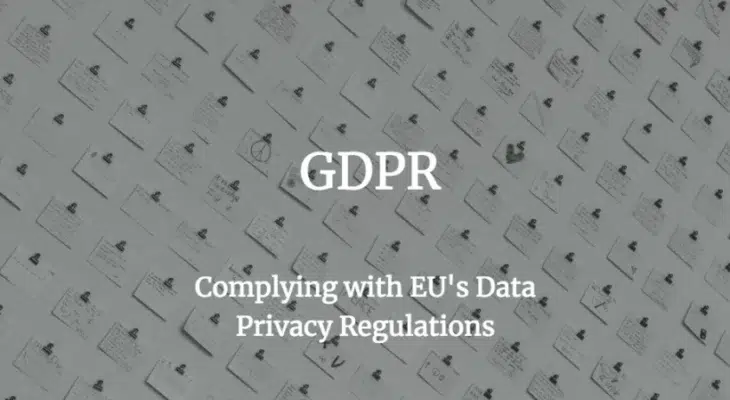The European Union’s General Data Protection Regulation (GDPR) is slated to go into effect starting on May 25, 2018. This new regulation builds on previous EU efforts to strengthen the security and protection of the personal data of EU residents, and is billed as the “the most important change in data privacy regulation in 20 years”. If you are a EU based business, or even a global business with consumer footprint in the EU, you need to take steps to be compliant with the new regulation.
Blueshift is committed to being ready for the GDPR well before the May 25th timeline. This is a continuation of our previous and current efforts to handle EU data in a way that complies with the current regulations (including our participation in the Privacy Shield Framework).
Not only will Blueshift be ready for GDPR, we are also making tools available for you to comply with GDPR. Specifically, we will support our customers in two ways:
- We will provide an updated Data Processing Agreement (DPA) that reflects the requirements of the GDPR and ensures compliant data transfer with storage outside the EU
- We will offer new product capabilities to help you be compliant when your end-customers plan to exercise their rights around accessing the data and to be “forgotten”.



